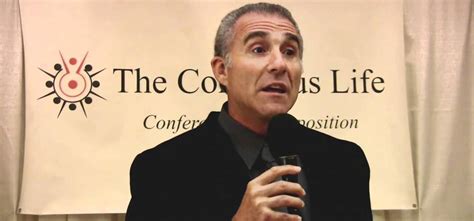A Quote by Bill Gates
Now we've got that [children's death rate] down to about 5 percent, so we've more than cut it in half, and that's because we're getting vaccines out, economic improvement also helps there, but the vaccines are why we've seen an acceleration in getting that down.
Related Quotes
We're still missing about a dozen vaccines that will make a huge difference. For adults, we've got HIV and TB are still huge; for kids malaria is still killing a half million kids a year out of that 6 million. We probably need some vaccines, but we need a little more data to make sure we're getting the vaccines that will save the most lives.
We're creating this alliance, GAVI, that has helped buy the vaccines that were in the rich world but not getting to the poor kids, getting a very cheap price and figuring out the cold chain, getting the delivery right, and then funding research for new vaccines. A lot of them are coming along. We've got a meningitis vaccine out, got that through large parts of Africa. That has been a huge success.
It is true that there are some parents who have concerns about vaccines, but while we hear about these concerns a lot in the media, I don't want people to think that the majority of parents out there do not believe in vaccines and then most kids aren't getting vaccinated. In fact, it's exactly the opposite.
Even to this day, the government, the FDA is refusing to use the sophisticated biotechnology to evaluate the contaminants in the vaccines such as the polio vaccines that they are administering. I think (people) would be appalled that some of the vaccines that are currently being used are still laced with viruses.
What happened in Cuba, just to cut to the chase, their death rate from diabetes went down 50%, their death rate from heart attacks and stroke went down approximately 30% and all-cause mortality went down 18% while they adhered to the system. Then they opened up their pipeline again from Venezuela, and their health improvements went away.
The main problem, certainly, for the people who will not get vaccinated with Thimerosal, which was put into polio vaccine. And the belief was that it may cause autism. And there's been an awful lot done in terms of studies in Western Europe, Canada, the United States, and no correlation was found between Thimerosal and autism from those children who took vaccines. Indeed, when Thimerosal was taken out of many of these vaccines, the autism rate in the United States still rose.
Vaccines are a miracle; they're fantastic. Anything that makes people hesitate to give their children these vaccines according to the recommended schedule creates risk. Risk for the children who don't get vaccinated and risk for children, some of whom don't have an immune system, so they're benefiting from the fact that the community protection means the disease doesn't get to them.





























